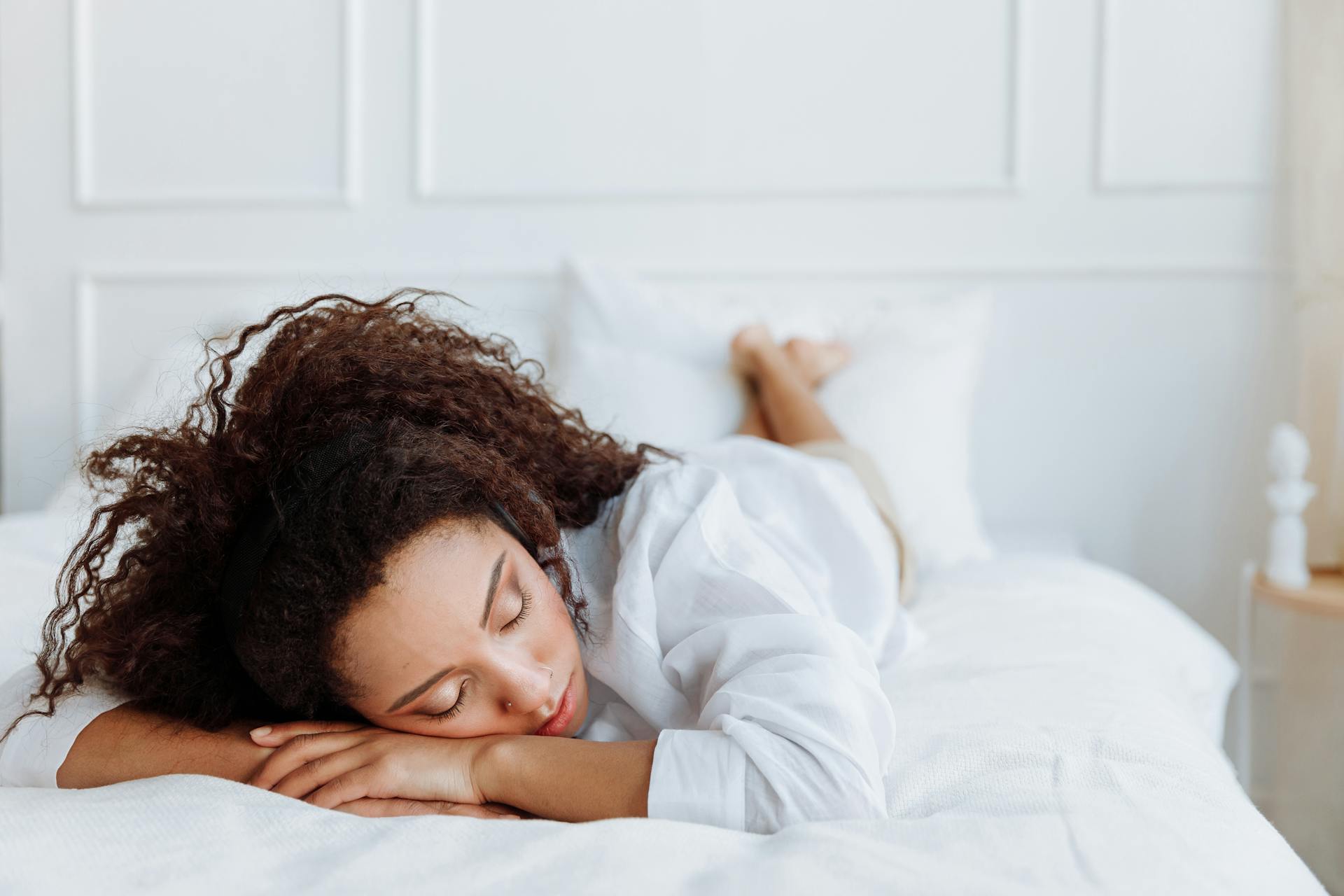A good night’s sleep is statistically less common for Black women. In the U.S., Black people are more likely than their white counterparts to struggle with insomnia, sleep apnea, delayed onset, less deep sleep, short sleep duration and more daytime sleepiness.
It seems that sleep has become a luxury for Black women, who wear the invisible cape of “Superwoman” and do everything for everyone else. The stressors they carry have a pivotal impact on their quality of sleep and the effects can be detrimental.
What Causes the Sleep Disparity
Board certified sleep physician, Dr. Funke Afolabi-Brown explains that there are multiple reasons Black people are at a higher risk of insomnia and sleep apnea. Those include socio-economic, environmental and healthcare disparities, as well as genetic factors. Black women, more specifically, face stressors as a result of discrimination and bias, caregiving responsibilities and wearing multiple hats while balancing work and personal obligations.
Symptoms of Sleep Deprivation
These stressors that uniquely impact Black women can affect the nervous system, metabolic system and the immune system, as well as increase the likelihood of high blood pressure and high cholesterol.
A lack of sleep can cause mental fogginess, physical fatigue, moodiness, hormone imbalance, weight gain/weight loss, bloating and stomach irritability. It can also increase the risk or worsens the symptoms of obesity, diabetes, hypertension, depression and anxiety.
Tips for Better Sleep Quality
In the short term, Dr. Afolabi-Brown encourages Black women to adopt healthy sleep habits in order to optimize health.
“Establish a bedtime routine, limit screen use before bedtime and create a comfortable sleep environment to optimize sleep quality,” she says.
She also suggests limiting caffeine and alcohol consumption. Black women should also focus on stress management techniques and incorporate deep breathing, relaxation and journaling into their routine.
In the long term, Dr. Afolabi-Brown suggests Black women prioritize their well-being and make time for self-care activities that promote relaxation and stress reduction. She also suggests speaking about their sleep struggles with a culturally-competent healthcare professional who will be sensitive to their unique needs.
“Black women can also get empowered by learning about sleep health and its impact on their overall well-being, as well as how to adopt the right strategies to optimize it,” she says.
Advice for Women Struggling With Sleep
Dr. Afolabi-Brown encourages readers who struggle with insomnia to reach out for help and practice healthy sleep habits and self-care routines.
“You are not alone,” she says. “Sleep deprivation and insomnia don’t start overnight and can be healed with some patience and the right tools.”
